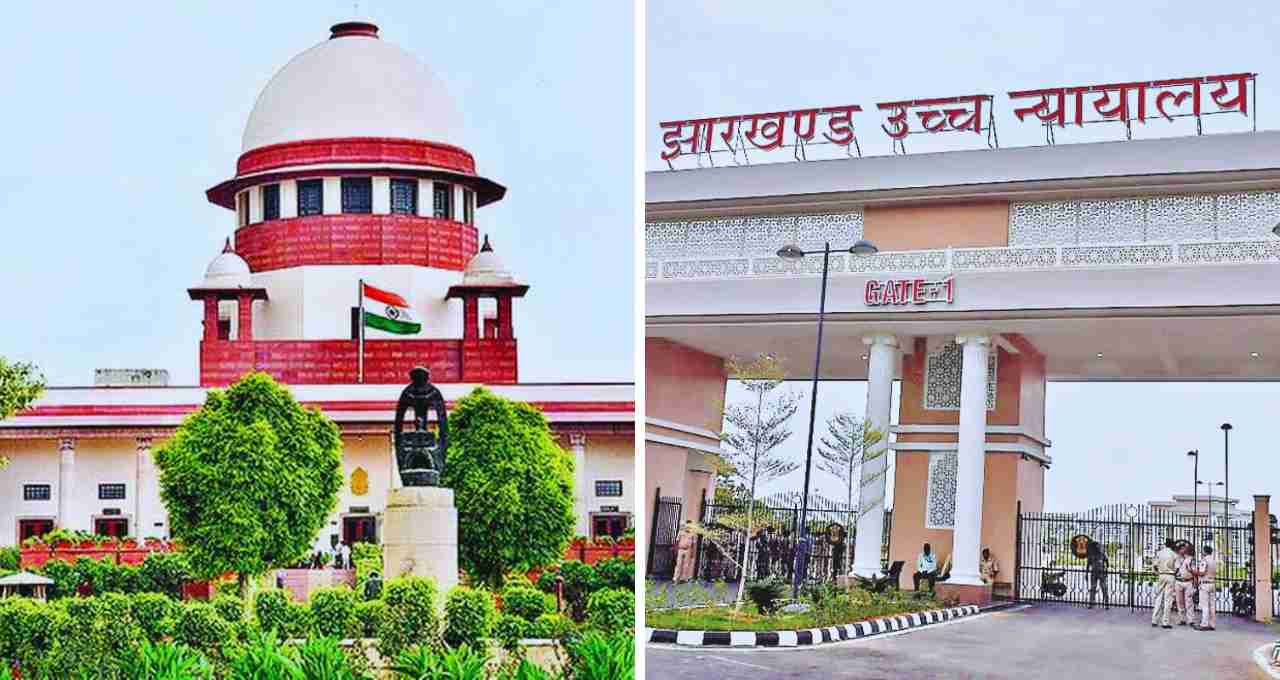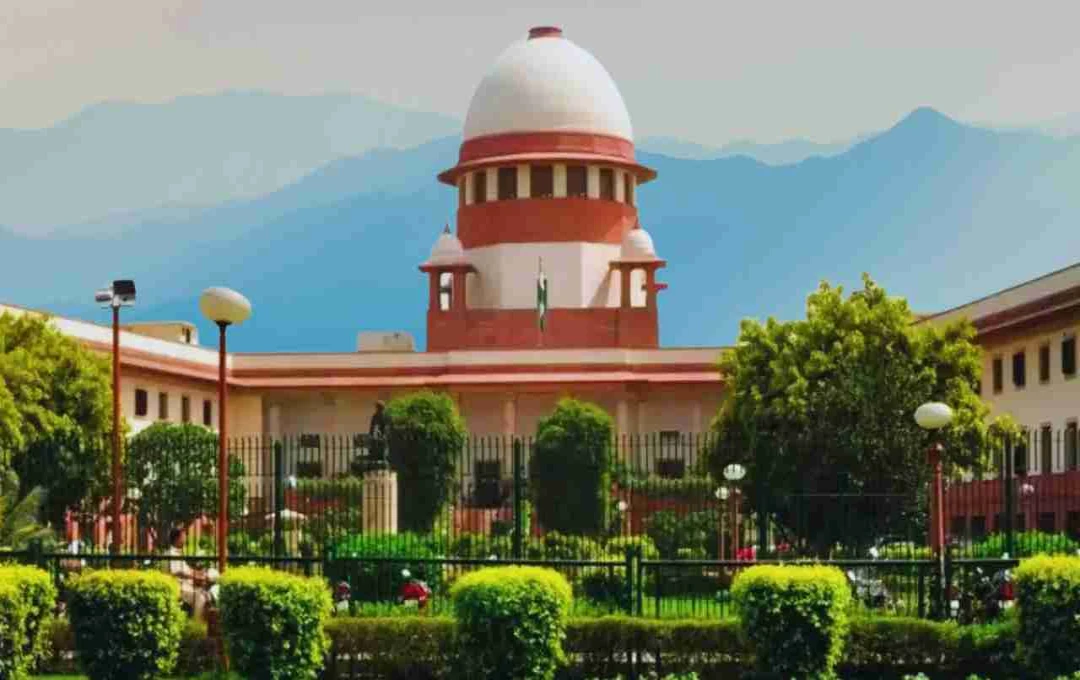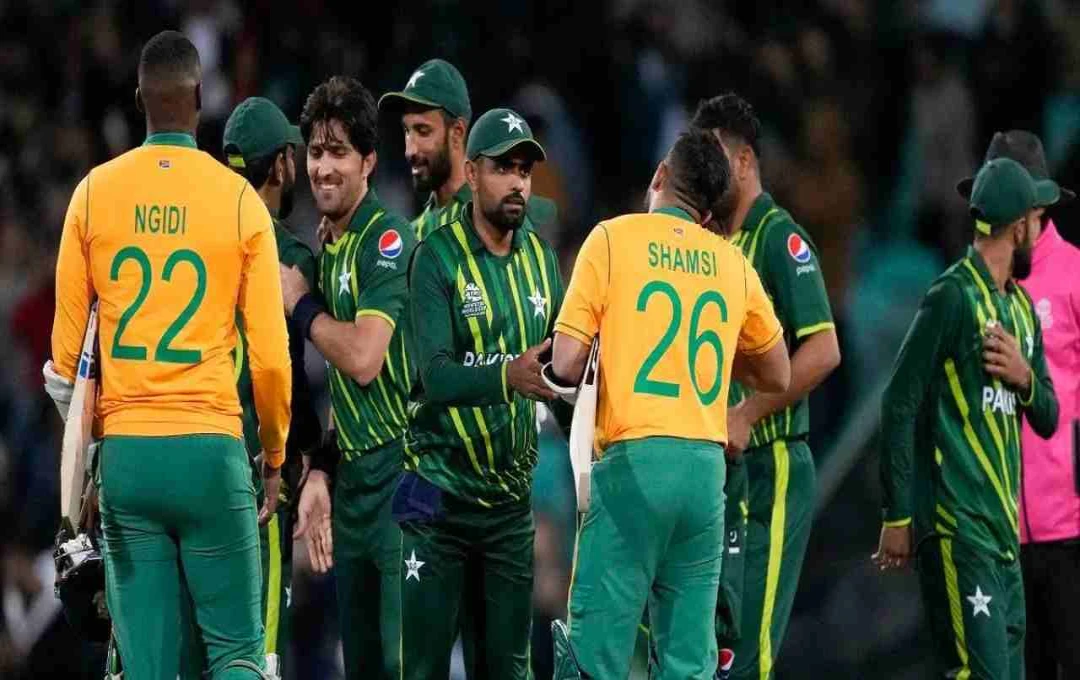The Supreme Court has directed the Jharkhand High Court to be mindful of the problems of its judicial officers like a parent. The Supreme Court has provided relief regarding the rejection of a child care leave request by a female ADJ and her transfer to Dumka. The Court has given the High Court options to transfer her to Hazaribagh or Bokaro.
New Delhi: The Supreme Court has directed the Jharkhand High Court to act like a parent to its judicial officers and pay attention to their problems. The case involves a female ADJ whose child care leave application was rejected and she was transferred to Dumka. The Supreme Court ordered that the female officer be allowed to stay in Hazaribagh or be transferred to Bokaro until her son's 12th-grade examinations. This decision will ensure a sensitive administrative approach for judicial officers.
Female ADJ filed a petition for child care leave
The female ADJ had applied for six months of child care leave from June to December. She is entitled to take leave for up to 730 days under the rules, but initially, the High Court rejected her entire leave application. Later, she was granted only three months of leave.
Due to not getting leave and being transferred to Dumka, she approached the Supreme Court. Her argument was that there are no good CBSE schools in Dumka, which could affect her son's education.
Supreme Court gives strict instructions to the High Court

The Supreme Court clarified that the High Court must be sensitive to the problems of judicial officers. The Court said that the officer should either be kept in Hazaribagh until March/April 2026 or be transferred to Bokaro.
The Court has given the High Court two weeks to fully implement this order. This decision will set a new standard for child care leave for judicial officers and the security of their workplaces.
Instructions to High Courts to take care of Judicial Officers
The Supreme Court reminded the High Courts that it is their moral duty to take care of judicial officers. The courts should understand the personal and family problems of the officers and protect their rights. The Court also said that such matters should not be made a matter of power or ego. This order is being considered a precedent not only for the Jharkhand High Court but for the entire judicial system of the country.














